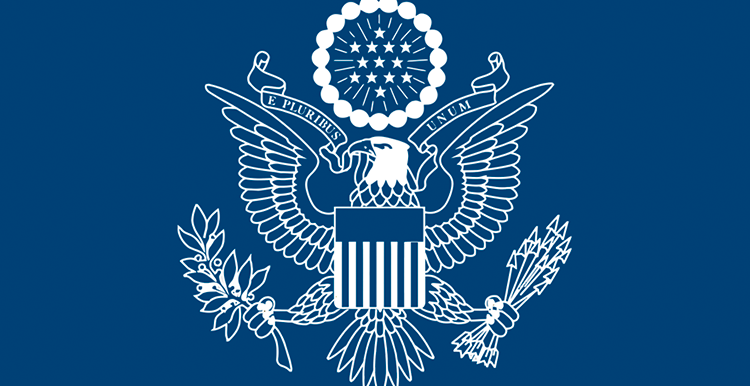Today, on World Press Freedom Day, we recognize the key role that a free press plays in democracy. We honor journalists around the world for their work. Journalists help ensure that citizens are informed and exposed to diverse perspectives on the issues. Well-informed citizens make countries stronger. Here in South Sudan, I was very pleased to see last month that local journalists David Mono Danga and Waakhe Simon Wudu won separate international awards for excellence in reporting. I commend them for their professionalism and commitment to excellence. I also applaud all media professionals in South Sudan who pursue their noble career honorably, often under difficult conditions.
World Press Freedom Day is also an important opportunity to point out the abuses that are perpetrated against journalists, and to recommit to protect the media community. Last month Reporters Without Borders released the 2021 World Press Freedom Index. South Sudan dropped one spot to a ranking of 139 out of 180 countries. The report states that journalists have faced harassment, arbitrary detention, torture, and even death in instances where they did not practice self-censorship. As the U.S. government’s most recent Human Rights Report notes, security forces commonly intimidate, harass, beat up, detain, and imprison journalists; confiscate equipment; and restrict journalists’ movements. If South Sudan aspires to achieve the status of a democratic country, then these abuses must stop.
The theme of this year’s World Press Freedom Day is “Information as a Public Good.” It serves as a call for countries to improve transparency, and to ensure that citizens have access to reliable information. When journalists are harassed and threatened, they naturally become intimidated and afraid to report certain information. They end up practicing self-censorship. Democracy suffers as a result, as citizens lack access to trustworthy information. There are also more obvious forms of censorship, such as government authorities removing articles from newspapers right before they go to print. We call on the South Sudanese government to do everything in its power to ensure that journalists feel protected and supported in their crucial mission of getting accurate information to the people.
Just as the government has responsibilities related to freedom of information, journalists have important responsibilities related to ethics and accurate information. Journalists should always ensure that their reporting is fair, ethical, and factual. That is a solemn responsibility they have to their country’s citizens. I applaud the positive step taken by the Media Authority last week in releasing the Code of Conduct for the Practice of Journalism in South Sudan under the theme “Uphold Professional and Responsible Journalism in South Sudan.” This Code of Conduct highlights that journalists must take responsibility for the accuracy of their work, and verify information before publication in the interest of professionalism and service to the public.
The United States is fully committed to supporting the media community in South Sudan. We will continue to advocate for press freedom. For example, through the U.S. Agency for International Development (USAID), the United States supports several South Sudanese radio stations and media institutions. We invest in the professional development of media professionals to report on issues in an accurate and balanced way. We support aspiring media professionals, including youth journalists.
Ultimately though, it takes all of us working together to ensure that journalists in South Sudan are supported and freedom of the press is respected. The government needs to protect journalists and end the harassment, intimidation, and detainment of journalists. The government should facilitate the work of journalism professionals, not censuring or restricting them. Citizens should speak out at every opportunity to advocate for their constitutional right of access to information. Journalists must adhere to the highest standards of conduct and ethics, which will help them gain important support from those around them. The international community must do everything we can to continue to provide much-needed support to the media. Today, on World Press Freedom Day, let us all recommit to this noble cause, so that we can strengthen democracy in South Sudan.
This piece is authored by U.S. Embassy Juba Chargé d’Affaires Larry André in honor of May 3 World Press Freedom Day.
The views expressed in ‘opinion’ articles published by Radio Tamazuj are solely those of the writer. The veracity of any claims made are the responsibility of the author, not Radio Tamazuj.




